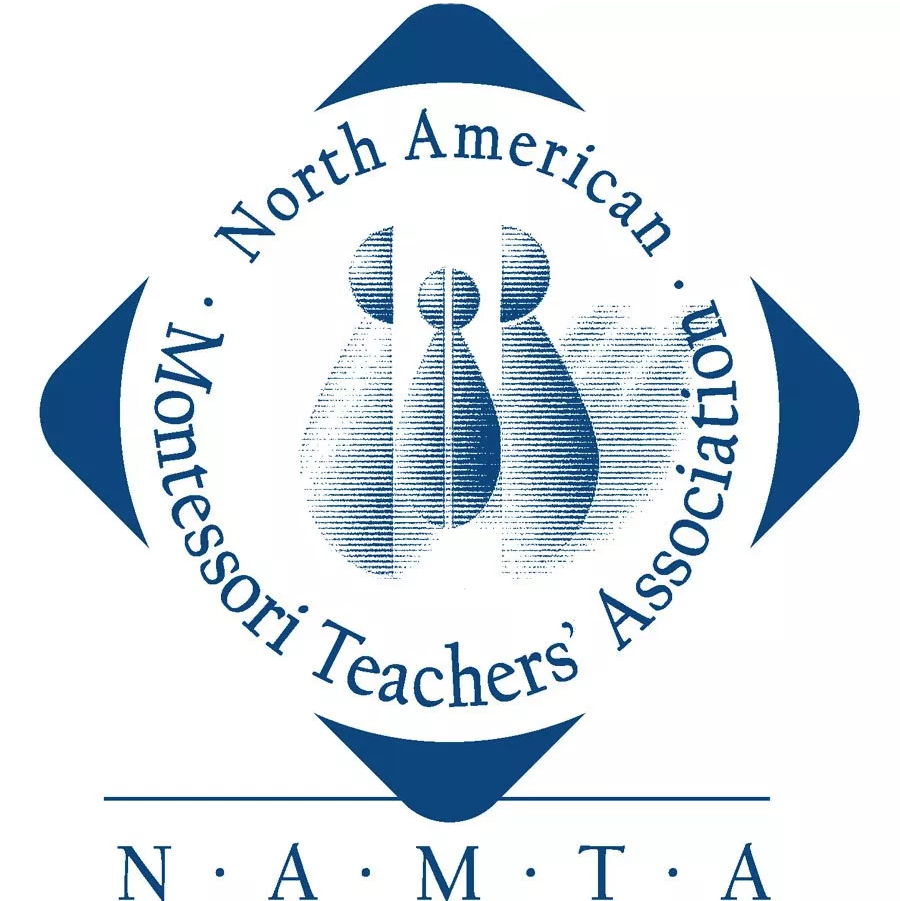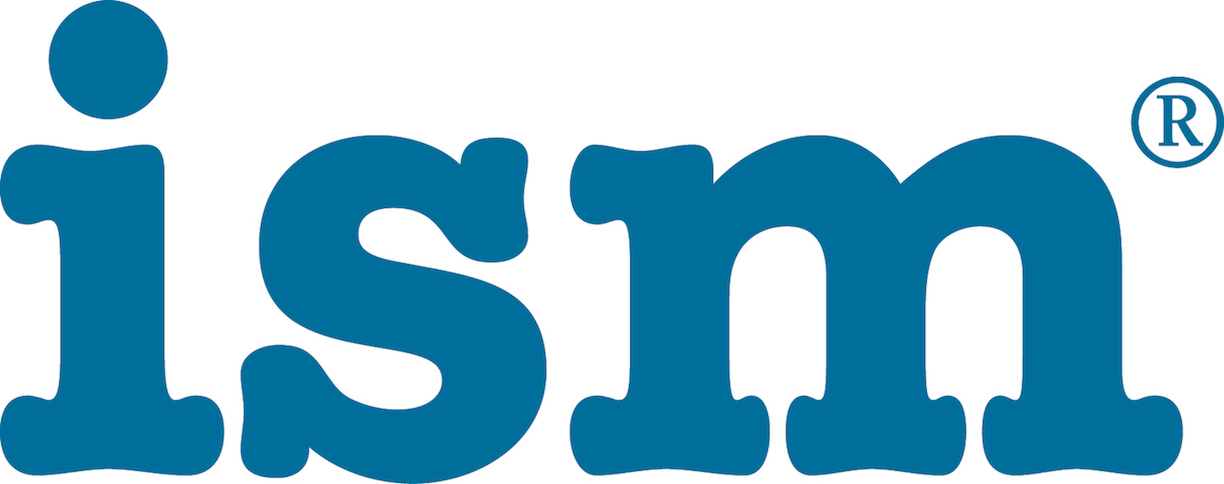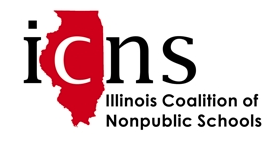|
Accreditations

We are proud to be designated a
Level 10 School
by the American Montessori Society. This means that we have achieved the highest ranking—actual accreditation—within the Montessori community. Participation in the Pathway process sends a signal to the community that we are committed to best practices and ongoing improvement.
Ronald Knox Montessori School is fully accredited by the American Montessori Society (AMS). The accreditation process is a rigorous, ongoing program that the school undertakes voluntarily. Accreditation means that Ronald Knox has met or exceeded standards.
- defining appropriate educational goals and providing educational programs to achieve them
- maintaining a qualified faculty and an effective school organization
- assessing outcomes of school experiences and controlling the quality of educational programs
- responding to concerns of parents and needs of the school community
- providing for the continuity of its programs and planning for their future
- describing with accuracy the content of its services and programs
- developing plans and activities for continuous school improvement
For more information on AMS school accreditation, please visit www.amshq.org
American Montessori Society (AMS)
The American Montessori Society (AMS) is the foremost advocate for quality Montessori education, an innovative, child-centered approach to learning. AMS sets the high professional standards that inform Montessori education as practiced in AMS-accredited schools and taught in AMS-affiliated teacher education programs.
A not-for-profit organization based in New York City, with nearly 13,000 members worldwide, AMS is also a hub of all things Montessori: an information center for its members, the media, and the public; a voice in the public policy arena; and a mobilizing force for the global Montessori community, through support services, research, and professional development events. AMS is a vibrant community of schools, teachers, families, and others determined to make Montessori a strong and positive force in education. RKMS follows the mission of AMS.

North American Montessori Teachers’ Association (NAMTA)
Founded in 1970, the North American Montessori Teachers' Association links Montessorians with their legacy and their future. Its services include print publications, audio visuals, conferences, and research.
NAMTA documents Montessori in the public schools, helps teachers and administrators become more effective, furthers the advancement of Montessori concepts into mainstream education, and helps parents extend the Montessori environment into their homes. Ronald Knox follows the mission of NAMTA.

Independent School Management (ISM)
ISM is dedicated to the advancement of school management. They provide creative strategies by combining extensive research, proven management techniques, and personalized service. By advancing school leadership they help enriching the student experience

Association of Illinois Montessori Schools (AIMS)
The purpose of the Association of Illinois Montessori Schools is to provide a professional organizational structure for Member Montessori Schools to: Establish and promote standards of excellence and ethical business practices; Monitor and disseminate pertinent educational legislation information; Conduct a consolidated public relations program; Act as a catalyst for harmonious interaction between members and other educational organizations; Foster appropriate prepared environments for all students.
Illinois Coalition of Non-public Schools (ICNS)
As a coalition of non-public educational groups, ICNS exist to support quality education for all children in the state, to be an advocate for non-public education in Illinois and to actively promote non-public school autonomy and parental rights.

Ronald Knox was an English author and biblical scholar, highly regarded for his brilliant intellect, religious tolerance and especially, for his devotion to children.* The Ronald Knox Montessori School is named after him, and was founded in 1963 by a group of parents who saw the need for a Montessori program on the North Shore of Chicago. The Sisters of Christian Charity graciously donated space, and several of the sisters have served as Directresses and members of the Board. From the beginning, Ronald Knox has followed an authentic Montessori philosophy. The Directresses are trained in the Montessori method, and the curriculum materials are consistent with the Montessori principles of early childhood education. * Ronald Knox Montessori School is a non-sectarian school. |
2031 Elmwood Avenue Wilmette IL 60091 847-256-2922 | We are fully accredited by the American Montessori Society.
| ©2018 Ronald Knox Montessori School |




